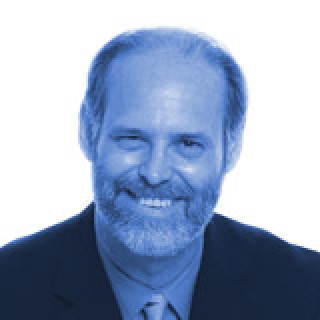“Disability” is a tricky word. It actually has tremendous range.
For many, if not most, people, it is a stigmatizing word. It’s the last thing in the world you would want to be identified with. It represents loss and inability and will cause people to treat you as if you’re frail damaged goods.
Yet the polar opposite exists. A substantial and growing number of people identify with the term disability with great pride. It is an aspect of their essential sense of self. Perhaps they’ve had a disability since childhood or birth, and it’s who they have always been. Or perhaps (such as myself) they experienced a traumatic change, but moved through the rough part, came out the other side, and carried on with living. And living well.
Which, means they have learned something very profound about our capacity to survive, to seek life, to somehow find the light through the darkness.
They would tell you that it has informed their values, learning that one’s true nature is in our hearts and minds, not any given capacity of our bodies. They will tell you that self-acceptance is everyone’s innate right. And they will tell you that they know beyond any doubt that human beings have a powerful capacity to adapt — even to the seemingly worst possible things in life.
People with a recently-acquired disability are the ones who matter most here. They start with the horror of stigma, but they deserve whatever would allow them to move through to pride and full living. The more we all get over the assumption that disability is necessarily about the worst, the more people will make their way to the best — and sooner.
It helps if you don’t start with the assumption that disability is irredeemably horrible, only the most remarkable and inspirational individuals can succeed. Move forward, embrace the tools and support that gets you there, and the odds are pretty good that you’ll come out the other side.
For more information visit Modern Disability or Gary Karp Speaks



